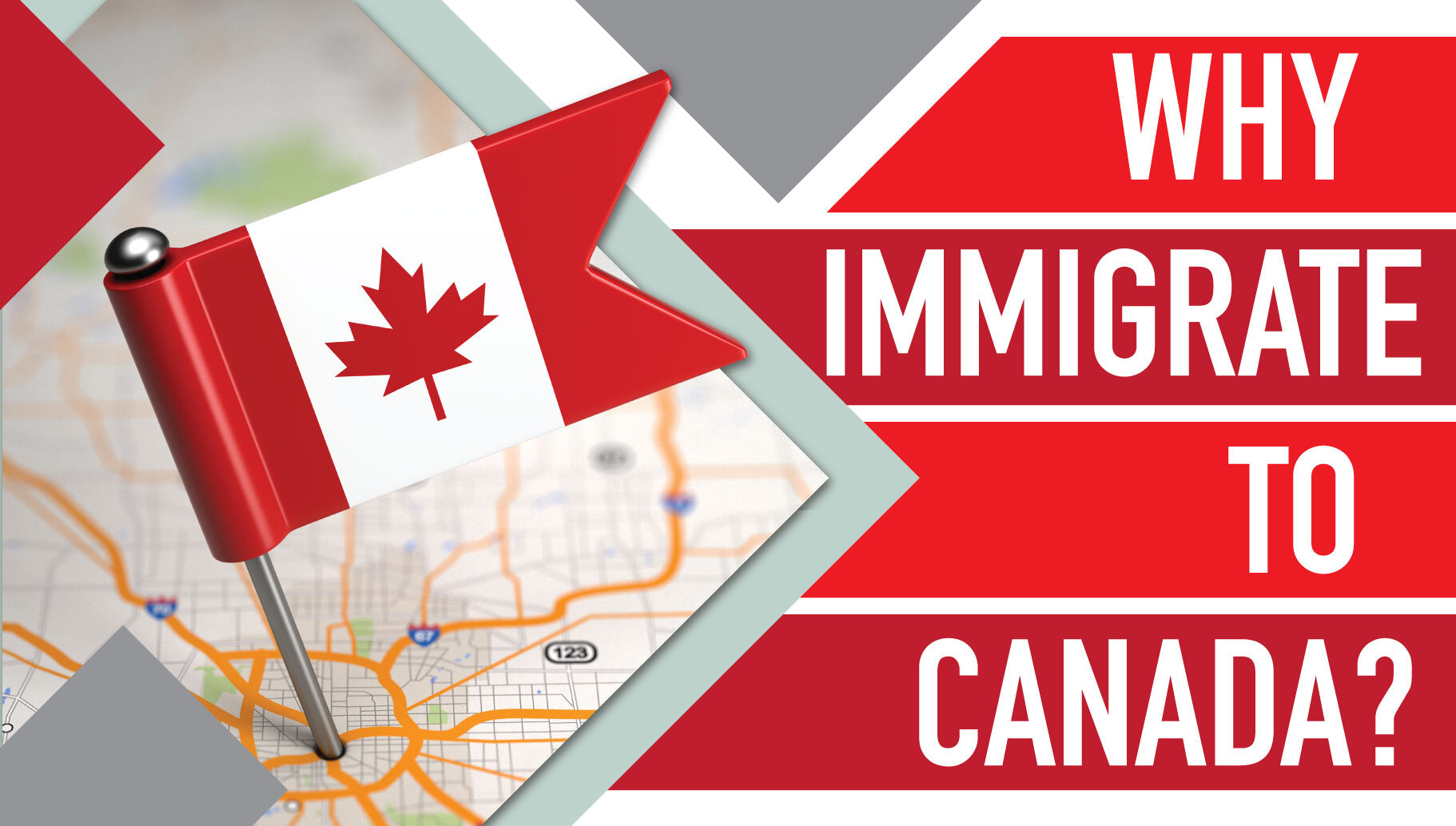WHY IMMIGRATE TO CANADA?
According to a report from a 2019 survey, many foreigners are willing to live in Canada. Canada lived up to expectations and was shortlisted in the Top 10, ranking 9th with a happiness index of 7.27.
In the 2019 annual ranking of the world's best countries, Canada ranked third, behind Switzerland and Japan. And in terms of quality of life, it is ranked first in the world.
In the "Global Education Quality" list published by the US "News and World Report", Canada ranked first, successfully surpassing the United States. In addition, Montreal, Toronto, Vancouver, Ottawa, and Quebec were shortlisted in the QS TOP100 Best Global Studying Cities in 2019.
According to the Henley Passport Index 2020, a ranking that measures the most travel-friendly passports, Canada is ranked as having the 9th most powerful passport of the world.
IS IMMIGRATING TO CANADA A GOOD IDEA?
HERE ARE THE 2020 INTERNATIONAL RANKINGS OF CANADA
#1 IN QUALITY OF LIFE
Being safe, politically stable, and having a well-developed public health system drove Canada’s quality of life ranking to the top of the Best Countries 2020 list for the fifth year in a row.
#2 IN CITIZENSHIP
Canada is ranked as the second country in terms of citizenship. Canada is a country that cares about human rights, the environment, gender equality, and religious freedom. These factors make their citizens settle down and get on with their lives in stable, friendly, and prosperous conditions.
#3 IN DOING BUSINESS
Canada is the third-best country in the World for doing business. No corruption, favourable taxes, and transparent government processes are factors that a businessperson from anywhere appreciates and Canada has all of them.
#4 BEST COUNTRY TO RAISE KIDS
Canada is among the countries that have generous paternal and maternal leaves. Children under 18 get free education, have good overall public education systems and highly subsidized university education.
#5 BEST COUNTRY TO BE A WOMAN
Canada is one of the best places in the world to be a woman based on factors such as: how much the country cares about human rights, gender, income equality, progress and safety.
#6 IN ENTREPRENEURSHIP
The Canadian environment for entrepreneurship is healthy. Entrepreneurship is seen as a good career for which opportunities exist within the capacities of a large segment of the population. Canada encourages creativity and innovation.
#12 WORLD'S MOST POWERFUL COUNTRY
Canada is part of the world’s most powerful countries, the ones that consistently dominate news headlines, preoccupy policymakers, and shape global economic patterns.
CANADA’S POPULATION - MIGRATION IN CANADA
According to Statistics Canada, Canada’s population now stands at 38 million people. New migrants and non-permanent residents accounted for 80 percent of the population increase. Most of the new arrivals are moving to Canada and its big cities, such as Toronto, Montreal and Vancouver.
According to the Canadian Minister of Immigration, Refugees, and Citizenship, Marco Mendicino, immigrants are the key to the economic recovery of the country and are the long-term solution for keeping the ratio of workers to retirees stable, therefore, immigrants in Canada are welcome.
IMMIGRATION DISTRIBUTION BY PROVINCE THIS 2020
In just the first two months of 2020, Canada received 50,650 new immigrants. Almost half of them settled in the most populated Canadian province – 23,590 moved to Ontario. 8,495 immigrants chose British Columbia as their new home. Quebec was the third most popular destination, admitting 5,995 francophone immigrants.
The Prairies are getting to be a chosen destination due to new and more flexible programs, these are provinces that welcomed 10,265 immigrants – 5,890 went to Alberta, 2,190 to Saskatchewan, and 2,185 to Manitoba.
The four Atlantic provinces became a new home for 2,215 newcomers. 855 of them settled in Nova Scotia, 740 moved to New Brunswick, 360 to Prince Edward Island, and 260 to Newfoundland and Labrador.
Finally, the three northern territories – Yukon, Northwest Territories, and Nunavut – admitted 55, 30, and 10 immigrants respectively, or 95 newcomers combined.

